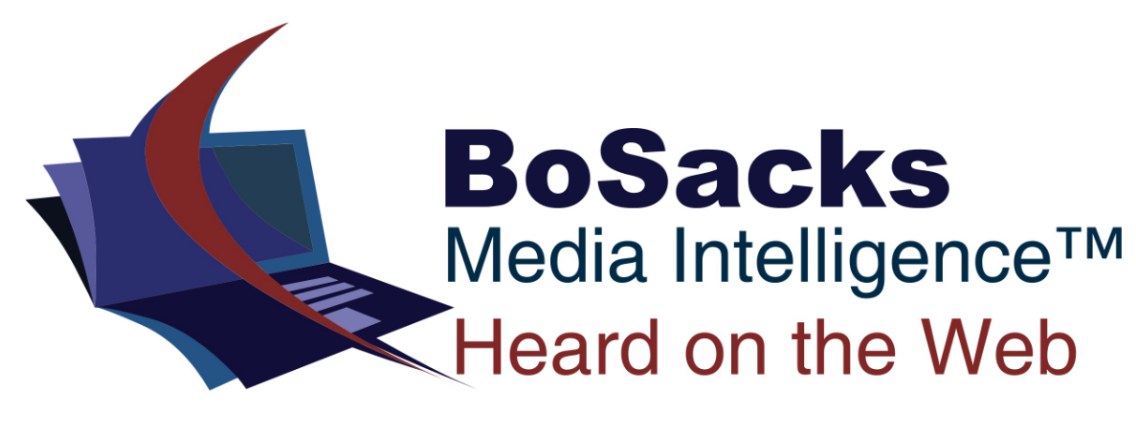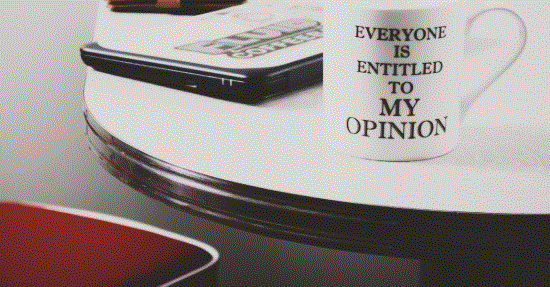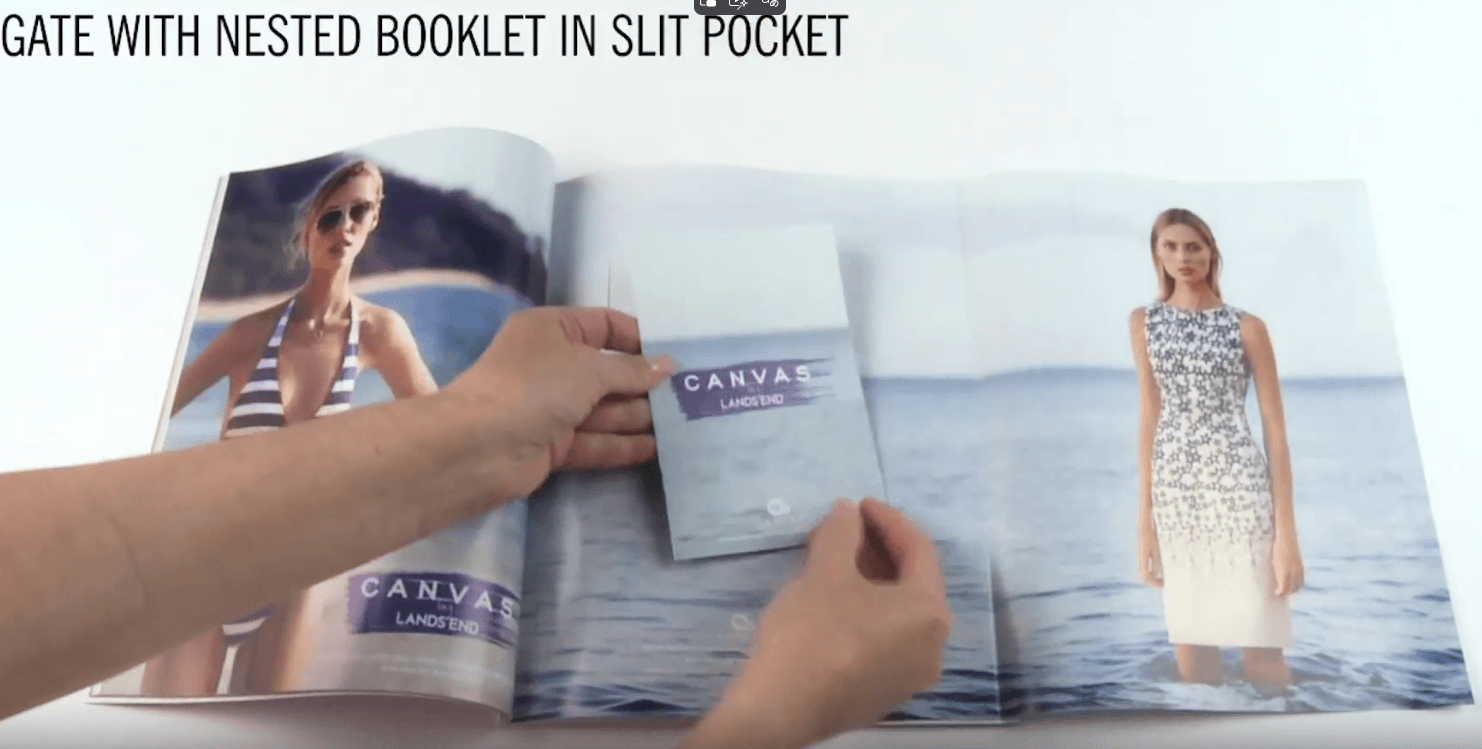BoSacks Readers Speak Out: On AI, Freelancers, Teens Reading and Listening as Reading
People don't seem to like it when I say that AI is wonderful but that it will destroy everything. The best line in the article: "optimism doesn't pay...

Bo Sacks Speaks Out: Welcome to the Era of Permanent Disruption
This is the age of permanent disruption where truth feels negotiable, trust is on life support, and artificial intelligence is both our eager intern a...
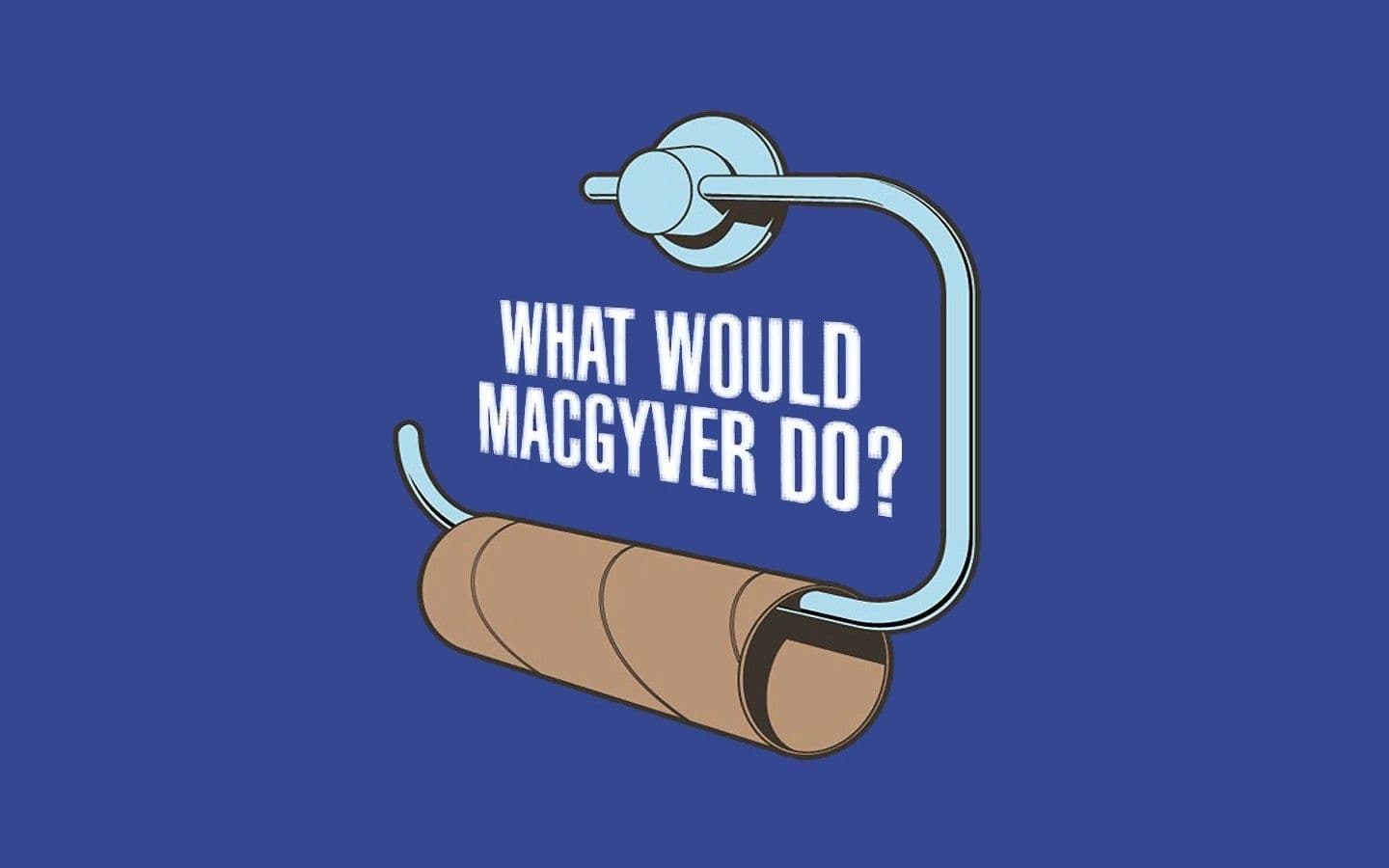
BoSacks Speaks Out: When the Paper Itself Was the News
We’re not merely losing newsprint; we’re losing the daily rituals that stitched us together. The morning rustle at the breakfast table. The proud clip...

BoSacks Publishing Forecast: From Past Predictions to 2030 Reality
For almost twenty years, I’ve been the guy yelling over the print noise that publishing isn’t dying, it’s morphing. Most of what I said would happen...

BoSacks Speaks Out: I Salute You - A New Year's Homage to the Ink-Stained Irregulars
It's been quite a ride, hasn't it? Somewhere along the way, we became the last romantics of the analog world, the guardians of grainy halftones and pe...

BoSacks Speaks Out: When Marketing Stops Persuading and Starts Predating
Gord Hotchkiss opens with a gut punch: “I hate marketing.” That is not a clever hook. It is a verdict from someone who spent forty years inside the ma...
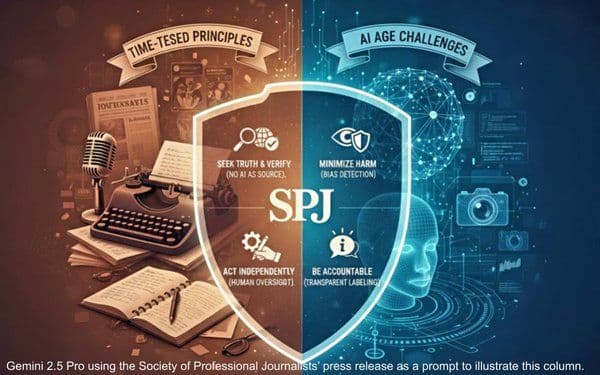
BoSacks Speaks Out: The Fatal Flaw in AI Journalism Ethics, Voluntary Compliance in an Age of Incurable Greed
Let’s start with the good news: The Society of Professional Journalists finally admits their ethics code needs a tune-up for the AI era. Bravo. The re...
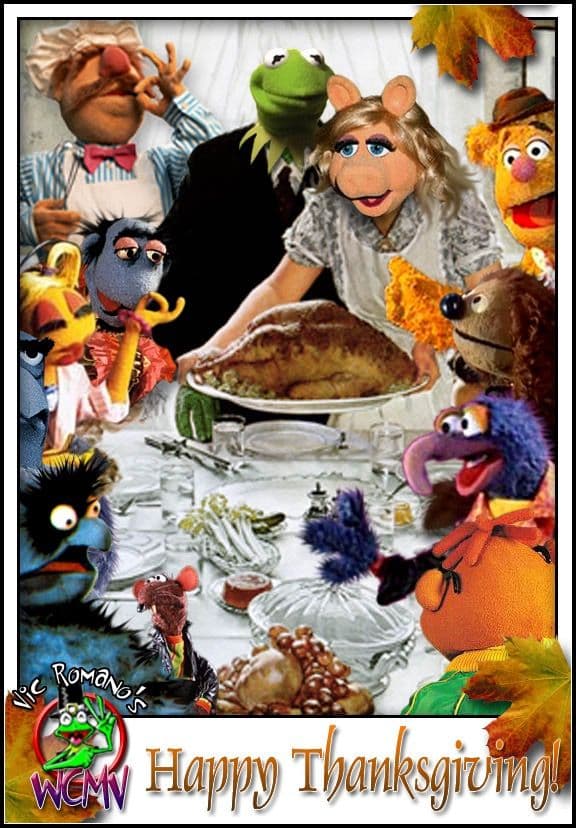
BoSacks Speaks Out: A Thanksgiving Toast, A Little Travel Gossip, and How We Got Here
I am not a fan of performative gratitude, posting something on social media one day a year and returning to doomscrolling by Friday. What matters is d...
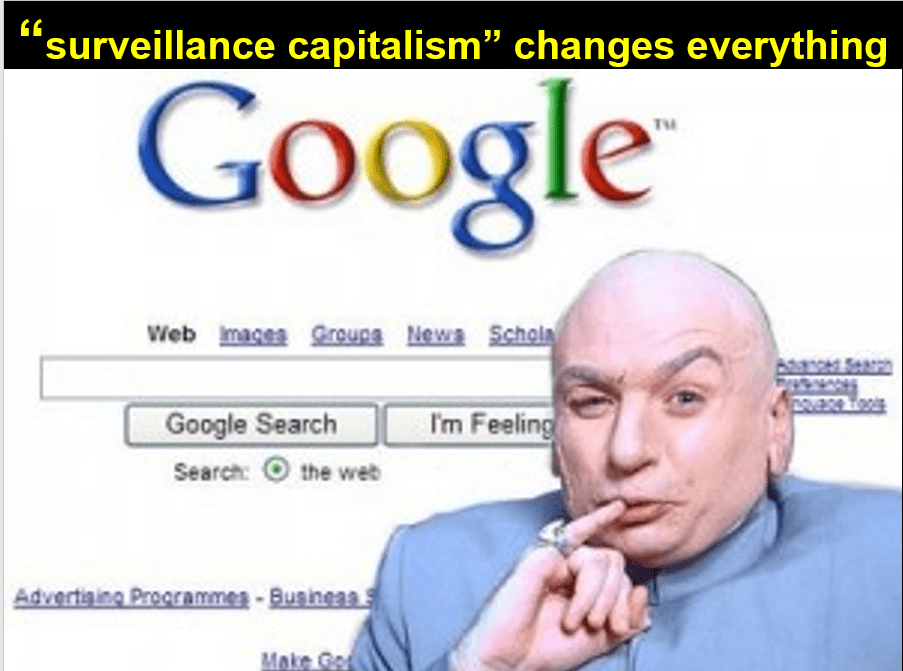
BoSacks Speaks Out: Google’s Quiet Coup: The AI Sales Clerk and the Death of Browsing
Google is no longer a search engine. It’s no longer just an ad platform. It’s becoming something far more disruptive: an AI-powered universal sales cl...
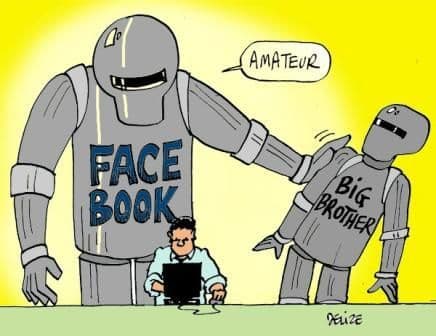
BoSacks Speaks Out: Big Brother Wears a Hoodie
Let’s quit pretending. Orwell pictured a boot on your neck. Ours shows up in a hoodie, smiles, and asks you to agree to the Terms of Service. The surv...
